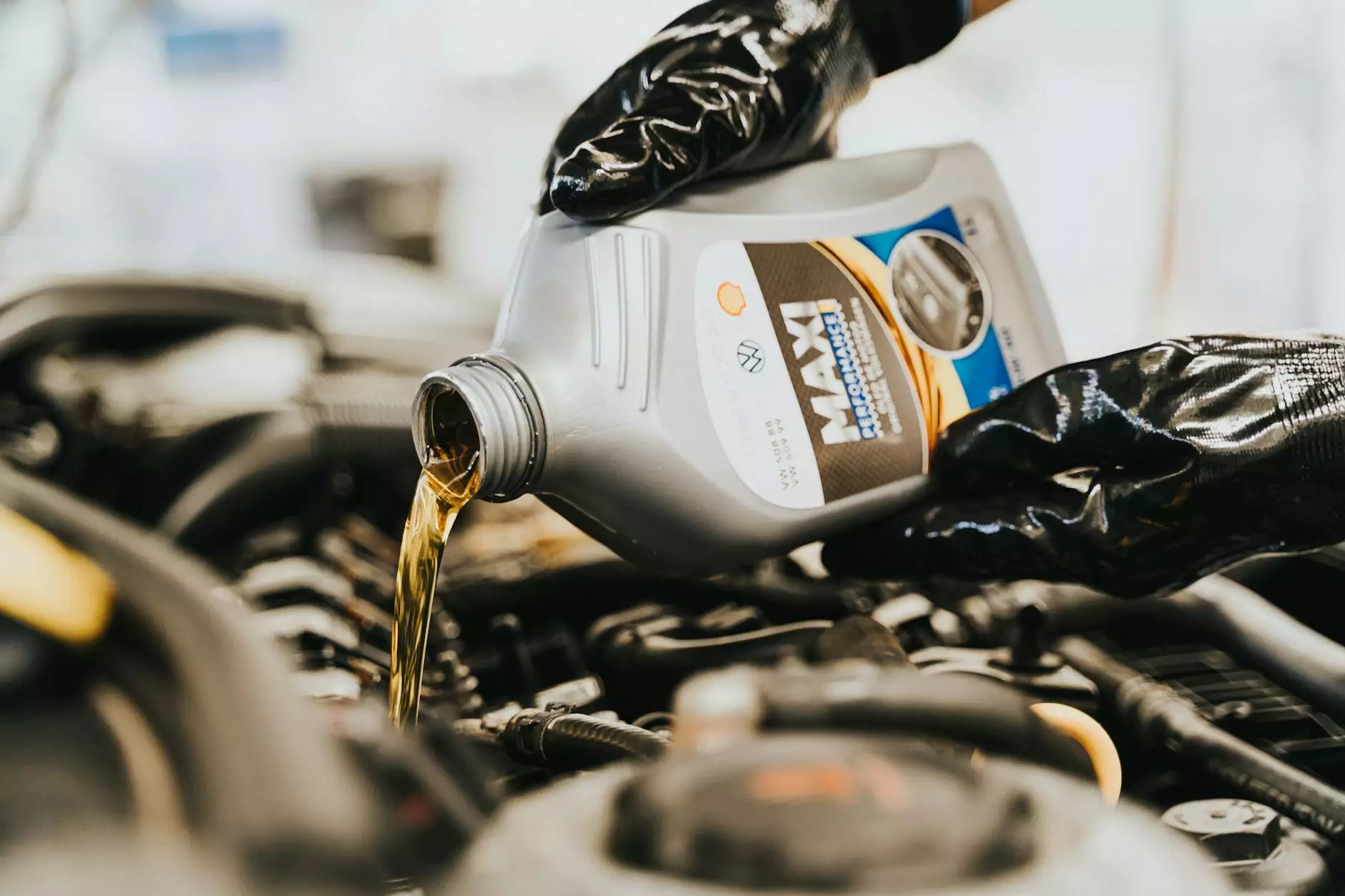Understanding Halitosis: Causes, Treatments, and Prevention

What is Halitosis?
Halitosis, commonly referred to as bad breath, is a condition that affects many individuals at some point in their lives. It can be socially embarrassing and may affect self-esteem and interpersonal relationships. The classic symptom of halitosis is persistent bad odor emanating from the mouth, often resulting from poor oral hygiene practices or underlying health issues.
Common Causes of Halitosis
Understanding the causes of halitosis is crucial for effective treatment. Here are some common factors:
- Poor Oral Hygiene: Inadequate brushing and flossing can lead to food particles remaining in the mouth, which can promote bacterial growth and cause bad breath.
- Dental Issues: Tooth decay, gum disease, and other dental problems are significant contributors to halitosis. These conditions can create environments where bacteria thrive.
- Food Choices: Certain foods, particularly those that are highly aromatic, such as garlic and onions, can lead to temporary halitosis. After digestion, the compounds are released into the bloodstream and can affect the breath.
- Dried Mouth (Xerostomia): Saliva plays a critical role in cleaning the mouth and removing particles that cause bad odors. A dry mouth can be caused by medications, medical conditions, or even sleeping with your mouth open.
- Tobacco Products: Smoking or using other tobacco products contributes to dry mouth and can leave a lingering bad odor.
- Health Conditions: Sometimes, halitosis can be a sign of an underlying health condition like sinusitis, respiratory infections, diabetes, or gastrointestinal issues.
The Role of Oral Hygiene in Preventing Halitosis
Oral hygiene is the most effective method to combat halitosis. Here are some essential practices:
- Brush Twice Daily: Brushing your teeth at least twice a day helps to remove plaque and food particles, preventing bad breath.
- Floss Daily: Flossing removes food particles and plaque from between the teeth where a toothbrush can’t reach.
- Use Mouthwash: A good mouthwash not only freshens breath but also helps eliminate bacteria in the mouth.
- Regular Dental Check-ups: Visiting a dentist regularly for check-ups and cleanings can help keep oral health in check and identify potential issues causing halitosis.
- Cleansing the Tongue: Bacteria can accumulate on the tongue, leading to bad breath. Using a tongue scraper can significantly reduce this buildup.
Dietary Changes to Combat Halitosis
The foods you consume can significantly affect your breath. Here are some dietary recommendations:
- Stay Hydrated: Drinking plenty of water helps maintain saliva flow and rinse away food particles and bacteria.
- Chew Sugar-free Gum: Chewing gum increases saliva production, which helps cleanse the mouth and neutralize bad odors.
- Incorporate Fruits and Vegetables: Crisp fruits and vegetables like apples, carrots, and celery can help remove food particles and promote oral hygiene.
- Avoid Sugar and Highly Processed Foods: These foods can foster the growth of bacteria in the mouth, leading to halitosis.
When to See a Dentist for Halitosis
If you are experiencing persistent halitosis despite maintaining good oral hygiene practices, it may be time to consult with a dentist or healthcare provider. Some signs that warrant a professional evaluation include:
- Persistent bad breath even after brushing and mouthwash use.
- Noticing a bad taste in your mouth.
- Having dry mouth frequently.
- Experiencing pain or discomfort in your gums or teeth.
Possible Dental Treatments for Halitosis
When halitosis is related to dental issues, your dentist may recommend specific treatments:
- Professional Cleaning: Regular dental cleanings can remove plaque and tartar that contribute to bad breath.
- Addressing Gum Disease: Treatments for gum disease may include deep cleaning procedures and, in some cases, surgery.
- Restorative Treatments: Filling cavities or addressing other dental decay can eliminate sources of bad breath.
Lifestyle Modifications to Reduce Halitosis
In addition to good oral hygiene and a healthy diet, certain lifestyle changes can help minimize the risk of halitosis:
- Quit Smoking: If you smoke or use tobacco products, quitting can significantly improve your oral health and breath.
- Manage Stress: Stress can lead to dry mouth. Finding effective stress management techniques can help promote a healthier mouth.
- Regular Exercise: Physical activity can enhance overall health and may contribute to better oral health.
- Limit Alcohol Consumption: Alcohol can dry out the mouth and exacerbate bad breath problems.
Natural Remedies for Halitosis
Several natural remedies may help alleviate halitosis symptoms:
- Herbal Teas: Drinking herbal teas, such as green tea, can reduce bacteria in the mouth.
- Essential Oils: Oils like peppermint and tea tree oil can help reduce bad breath. However, they should be used cautiously and not ingested.
- Probiotics: Including probiotics in your diet may promote good bacteria in the mouth and help combat halitosis.
Conclusion
Halitosis is a common issue that can significantly impact an individual's quality of life. By understanding the causes, implementing proper oral hygiene, making dietary changes, and seeking professional help when necessary, most individuals can manage and prevent bad breath effectively. Remember, a healthy smile not only enhances your confidence but also contributes to your overall well-being. If you're struggling with halitosis, consider visiting elsenyusufoglu.com.tr to explore options available from experienced dentists and improve your oral health.







